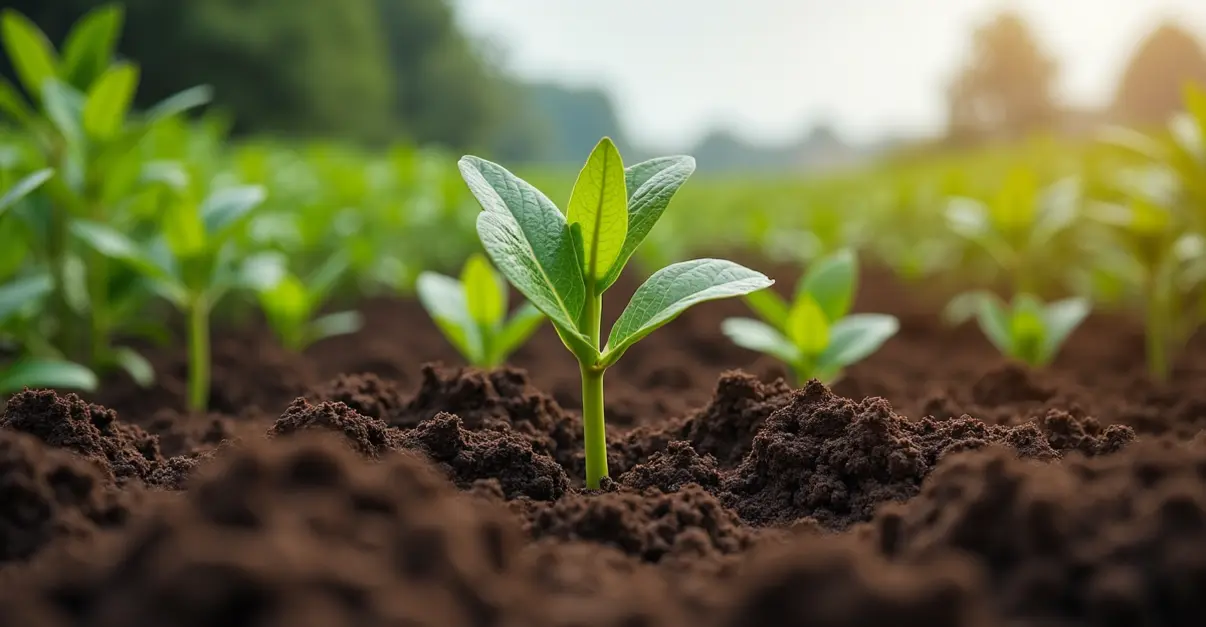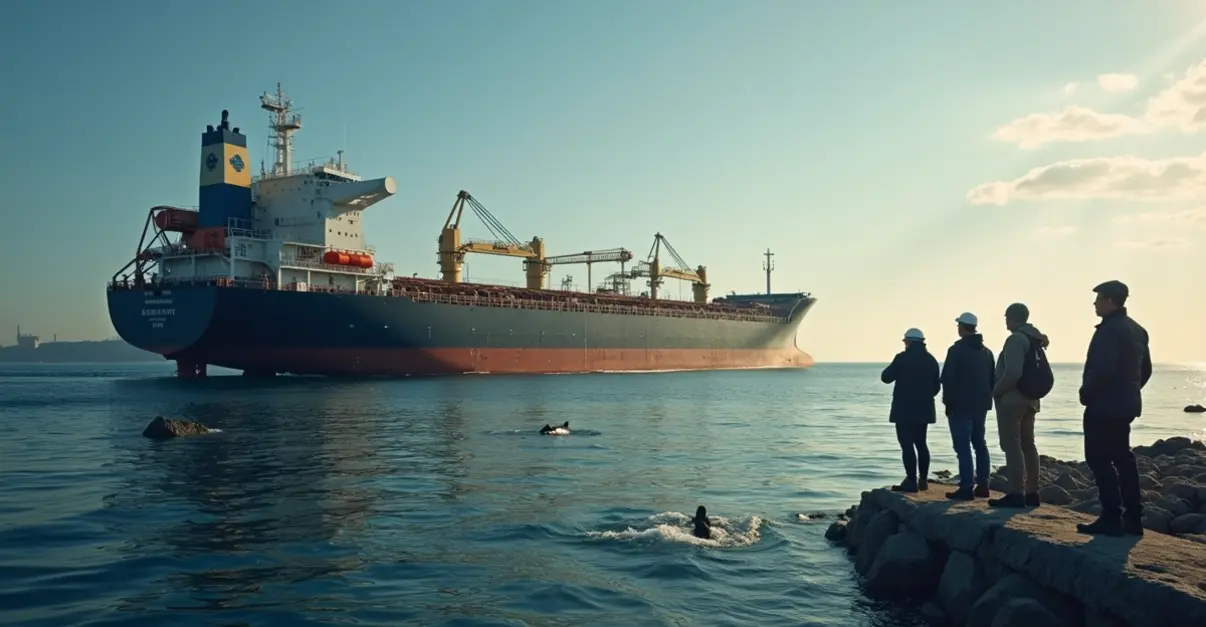European Union Greenlights Renure Fertilizer After Dutch Lobbying
The European Union has officially approved processed animal manure, known as Renure, as a legitimate alternative to chemical fertilizers. This landmark decision comes after years of intensive lobbying by successive Dutch governments seeking recognition for this innovative agricultural solution.
"This is an enormous milestone for Dutch agriculture," stated outgoing Agriculture Minister Femke Wiersma, celebrating the regulatory breakthrough that could transform manure management across Europe.
Addressing the Manure Surplus Crisis
Dutch farmers have long struggled with manure surpluses due to strict European environmental regulations limiting how much raw animal waste can be spread on fields. The excess manure creates significant disposal costs, sometimes reaching tens of thousands of euros per farm. Renure offers a potential solution by converting problematic waste into valuable fertilizer.
The technology involves sophisticated processing methods that transform raw manure into a stable, nutrient-rich product comparable to conventional fertilizers. According to researcher Inge Regelink from Wageningen University, "These are expensive installations and complex techniques that keep costs high initially, but long-term potential is significant."
Reducing Dependence on Russian Fertilizers
Beyond solving manure management issues, Renure addresses strategic concerns about Europe's fertilizer supply chain. Russia remains a major exporter of chemical fertilizers, and the EU has been gradually increasing tariffs on Russian imports since July 2025 to reduce dependency following the Ukraine invasion.
The European Commission's approval specifies that only certain processing techniques will be permitted, with strict safety and environmental requirements. Companies must demonstrate compliance with European standards before their Renure products can reach the market.
Implementation Challenges Remain
Despite the regulatory approval, significant hurdles remain. The high energy requirements and specialized equipment needed for Renure production mean immediate benefits for farmers may be limited. Additionally, EU regulations explicitly prohibit using Renure as justification for expanding livestock numbers or increasing manure production.
Minister Wiersma confirmed that the Netherlands will "quickly start working on practical implementation" of the new regulations, though experts caution that Renure alone cannot solve Europe's fertilizer challenges completely.
Source: NOS.nl

 Nederlands
Nederlands
 English
English
 Deutsch
Deutsch
 Français
Français
 Español
Español
 Português
Português










